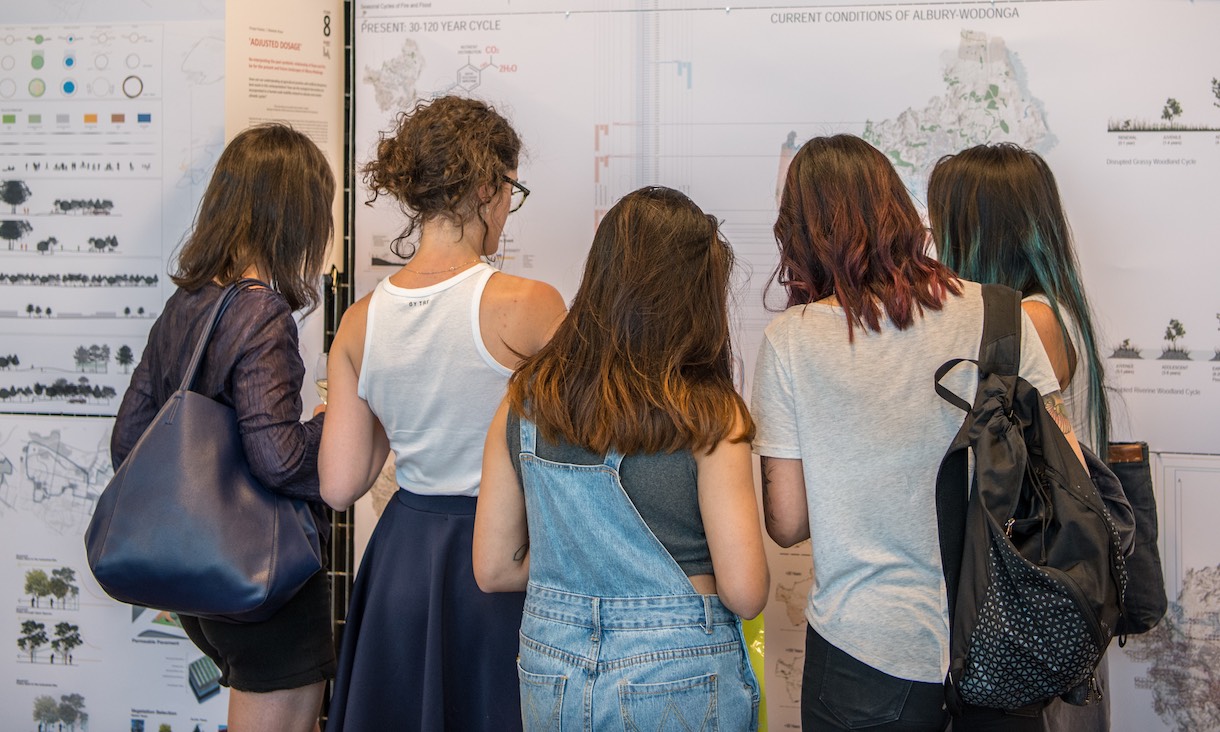On-campus exams
Find information about on-campus exams each semester.
Results and grades
How to view your results, understand your grades and obtain your grade point average (GPA) or weighted average mark (WAM).
Extensions and special consideration
RMIT provides a number of adjustments to assessment, including extensions and special consideration. Find the adjustment for your circumstances.
Equitable learning and disability
Additional support is available to ensure equal opportunities for students with a disability, long-term illness or mental health condition, and primary carers of individuals with a disability.
Academic integrity
Learn about academic integrity, what happens if you breach it and where to get help if you're unsure.
RMIT Capabilities
RMIT Capabilities describe the skills, knowledge and values that you will develop through your studies.
Assessments and results
Find out about assessment extensions, special consideration, academic integrity, academic progress, low completion rates, results and transcripts.









